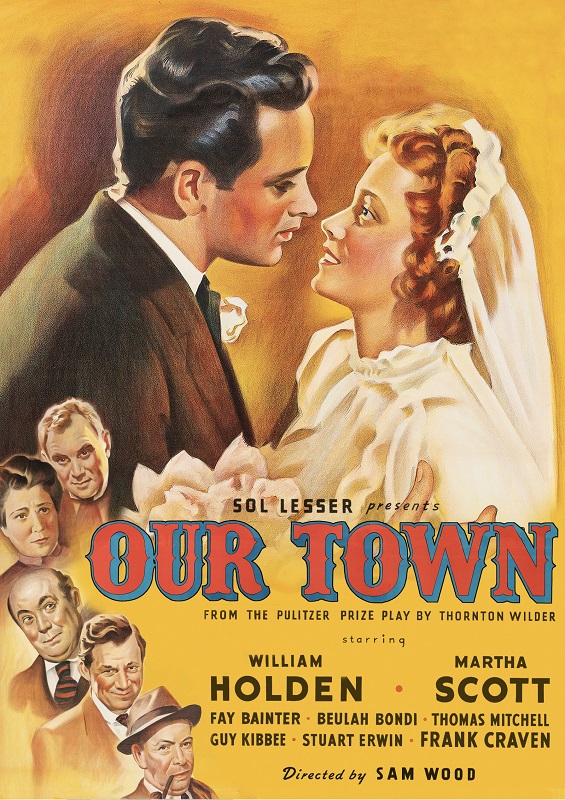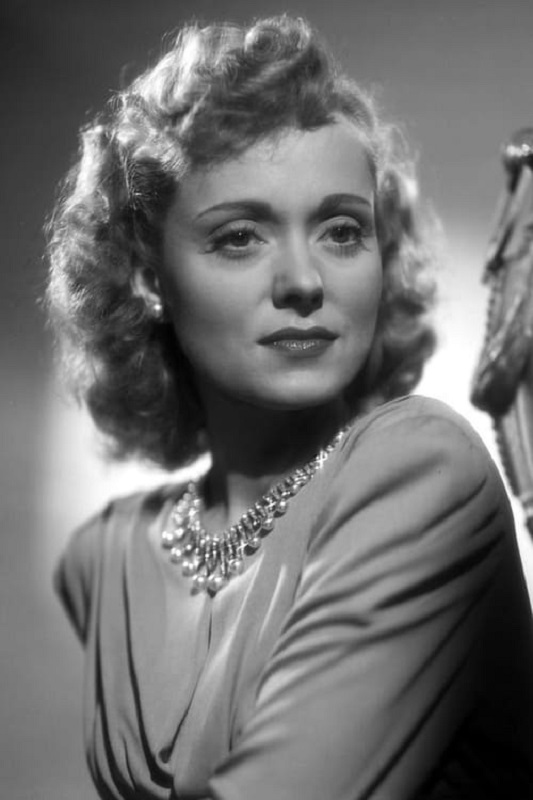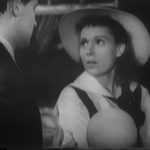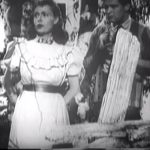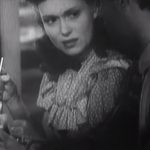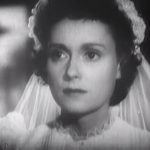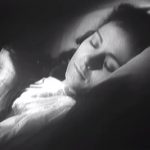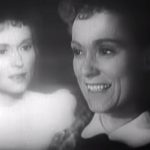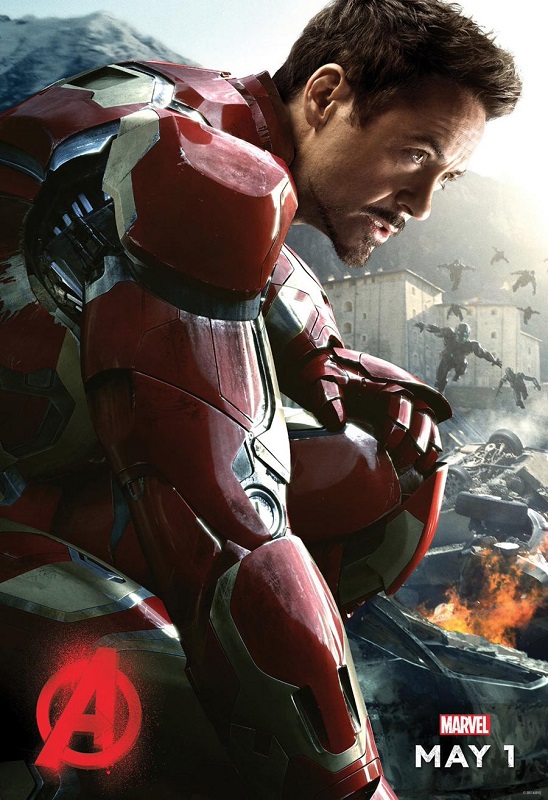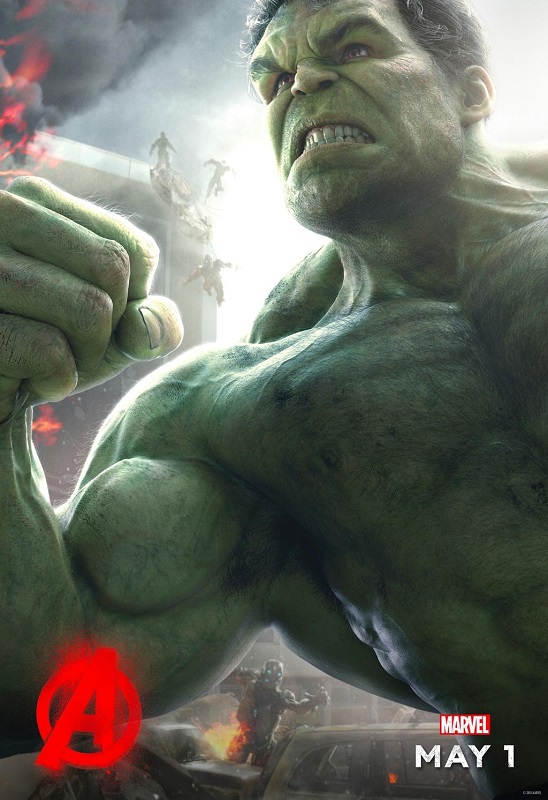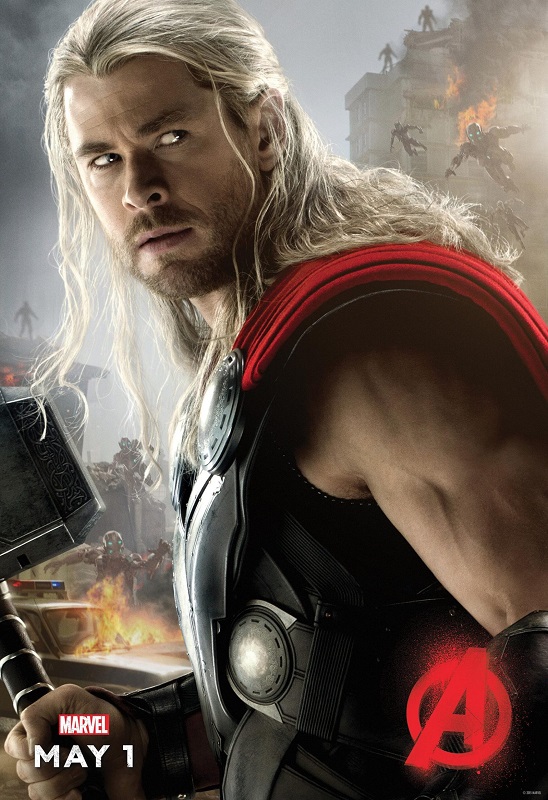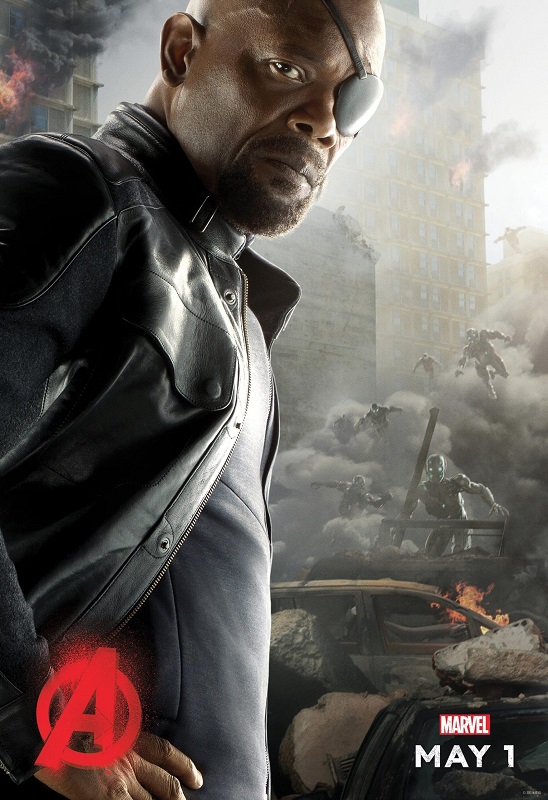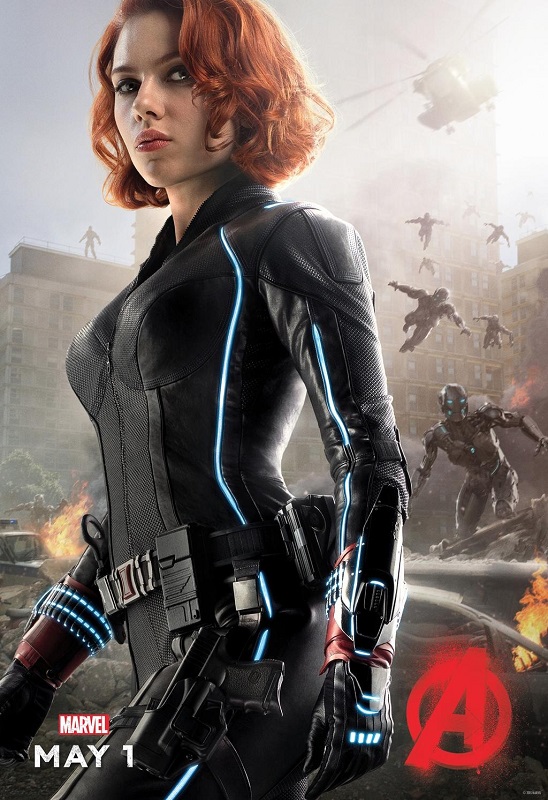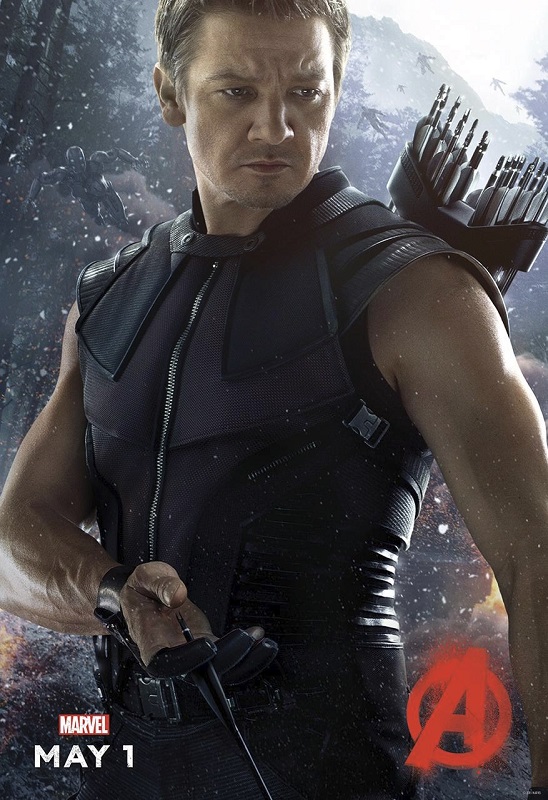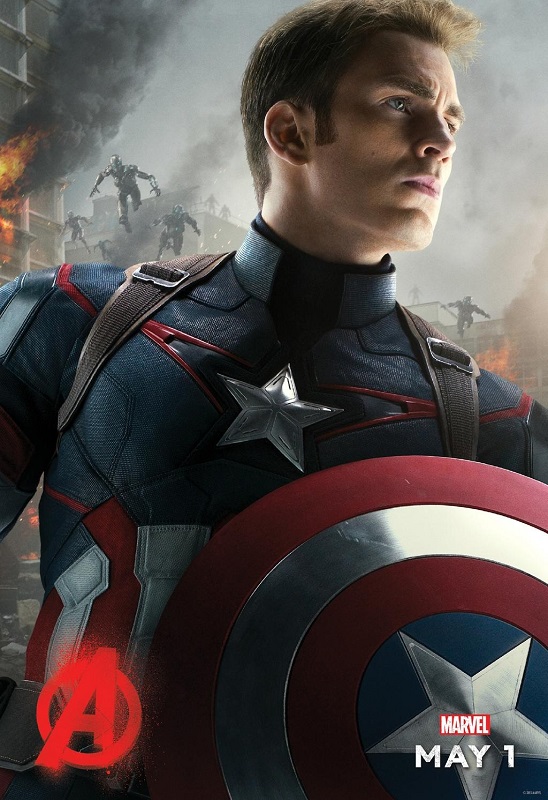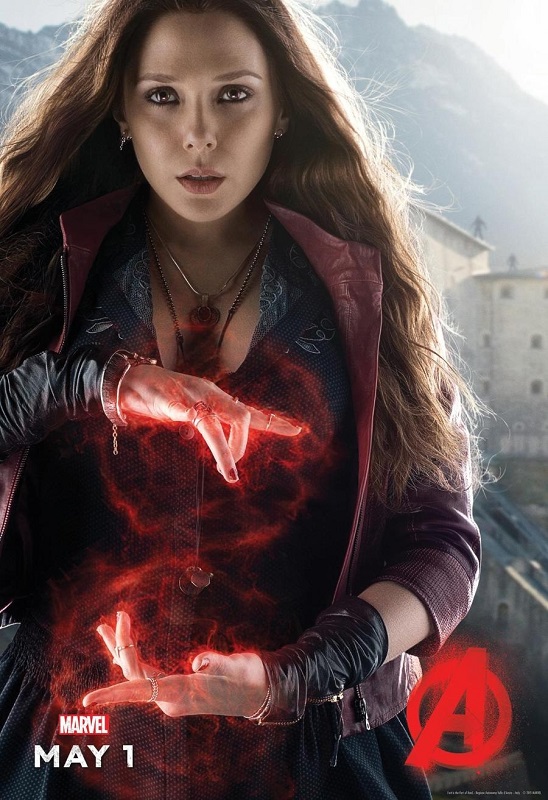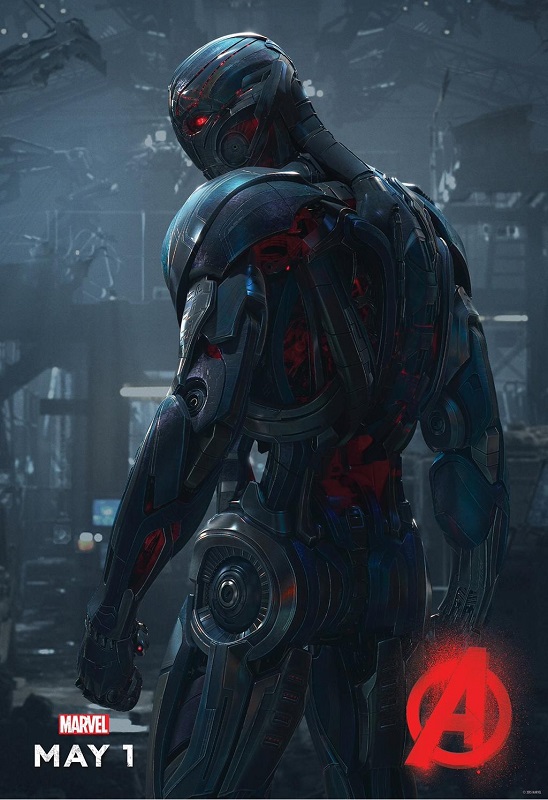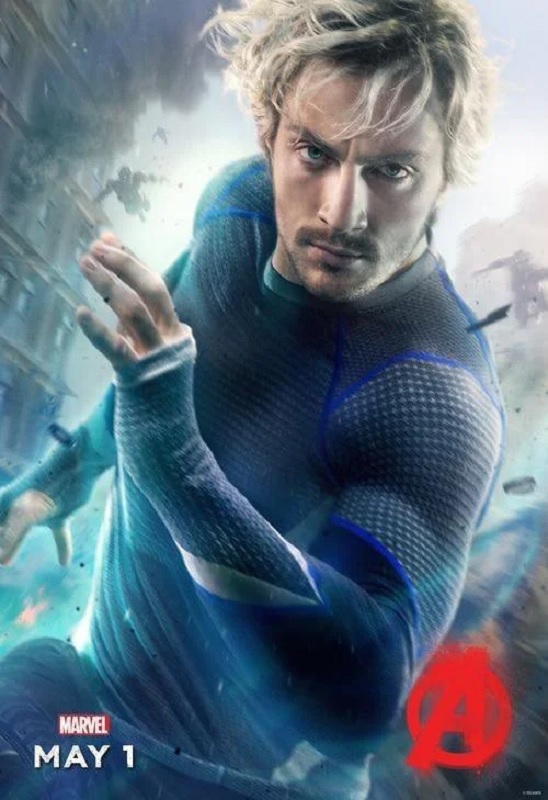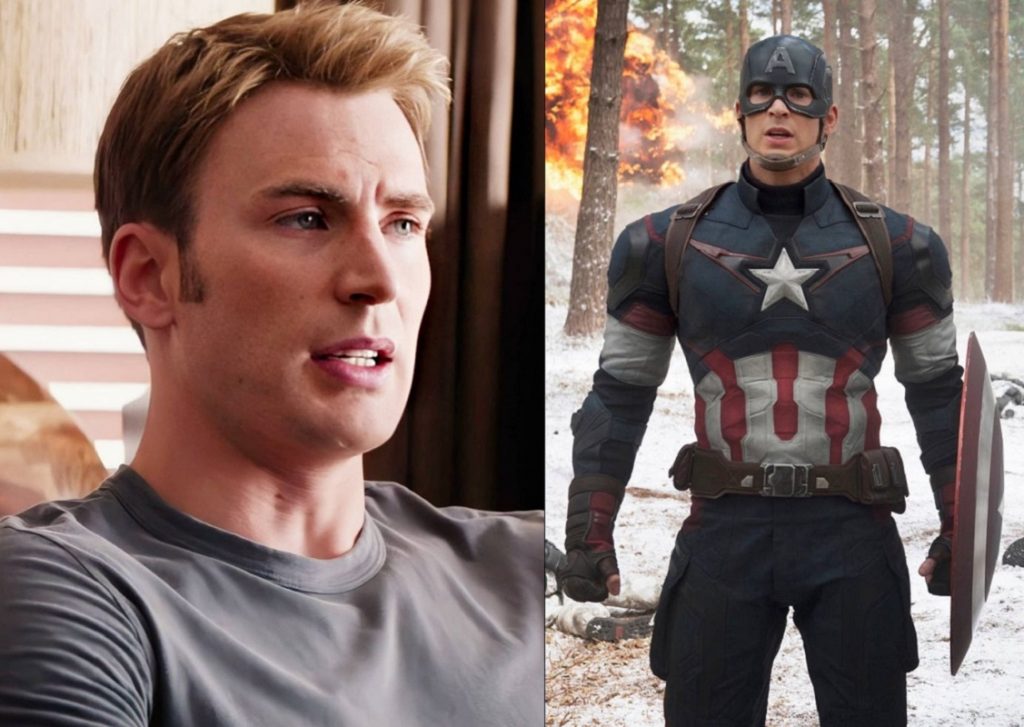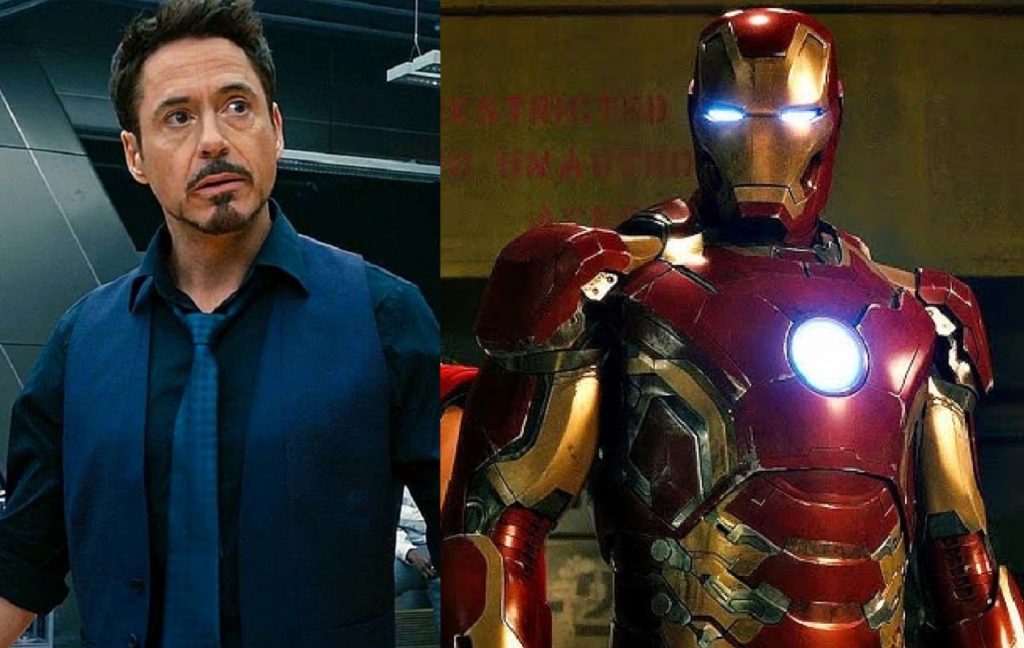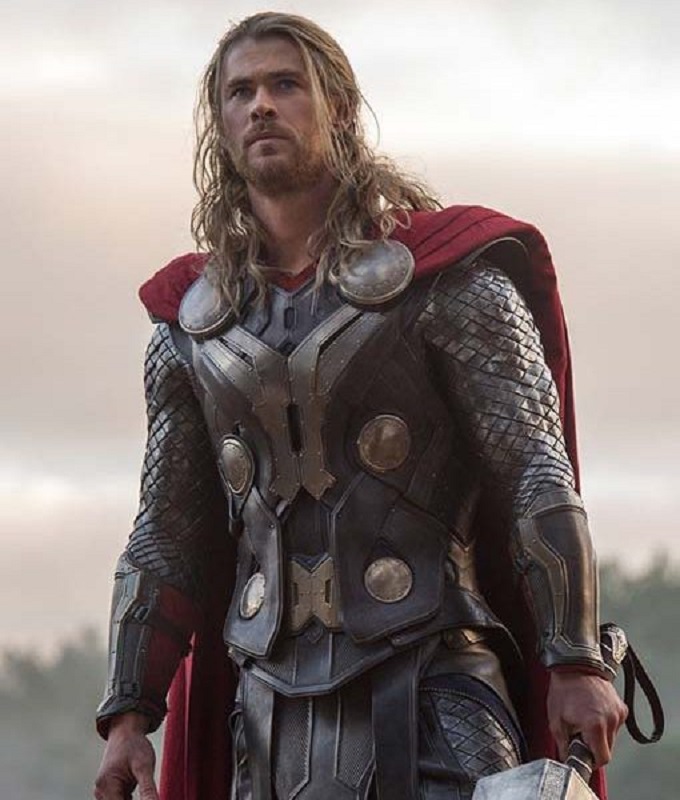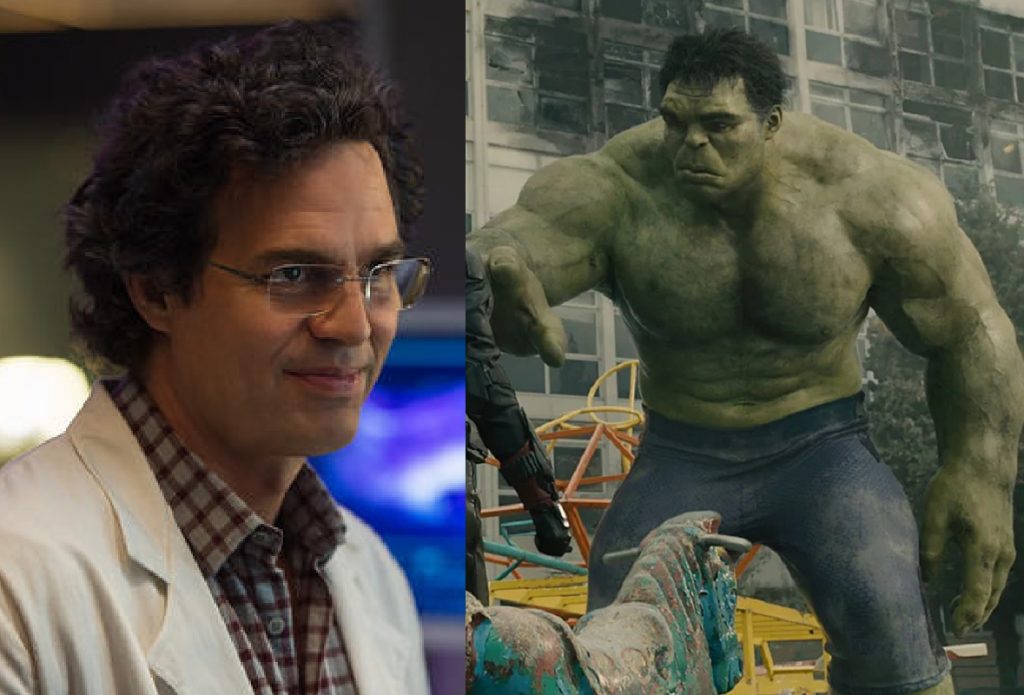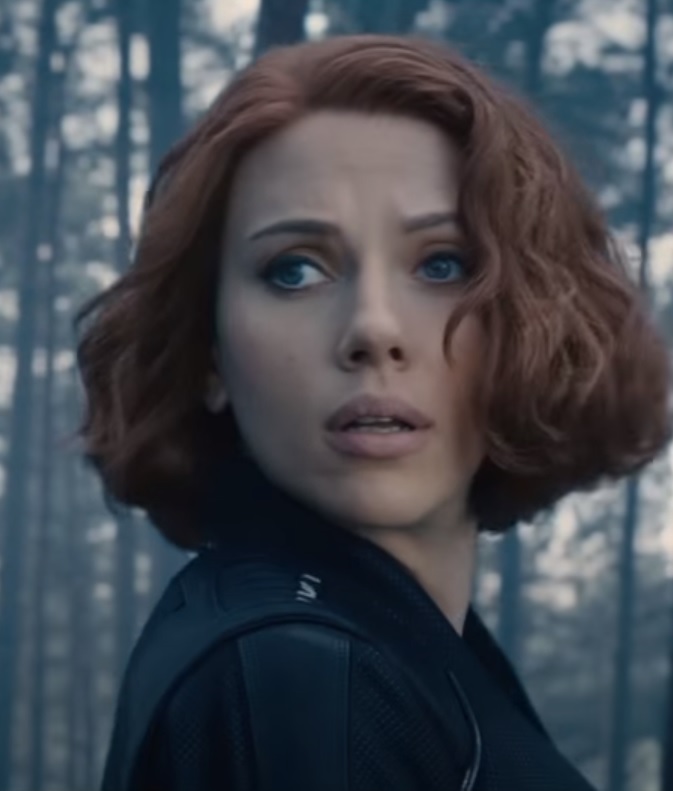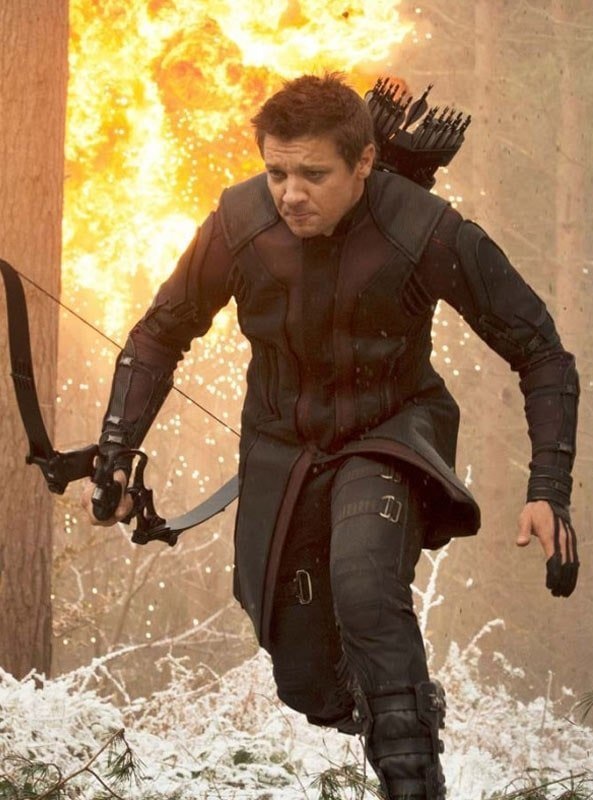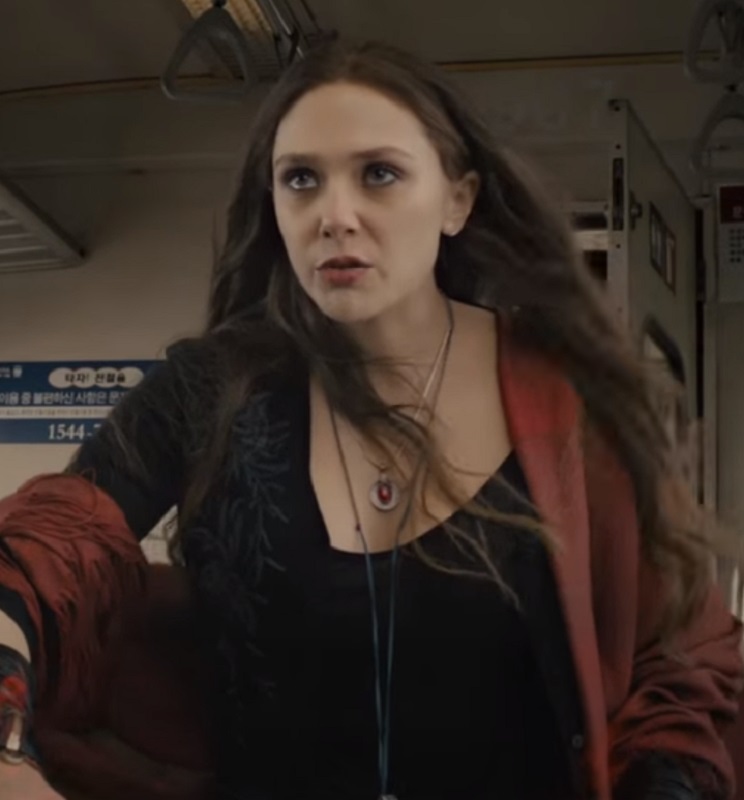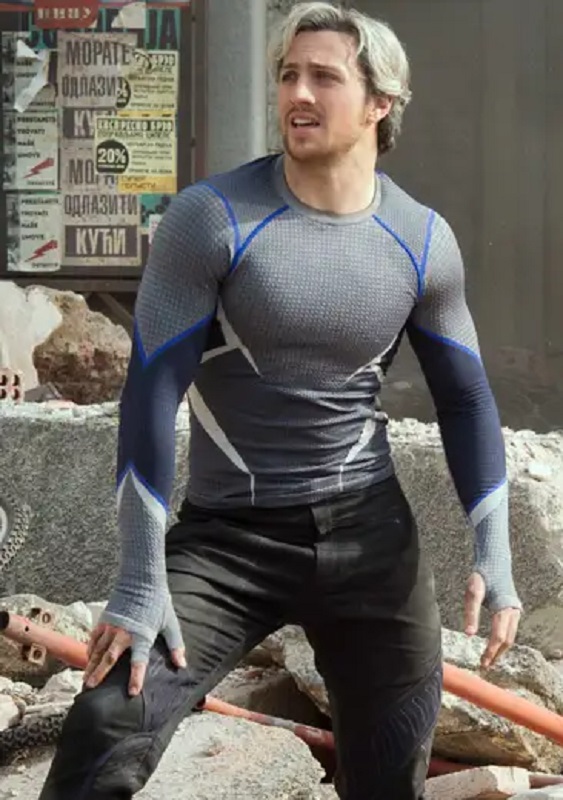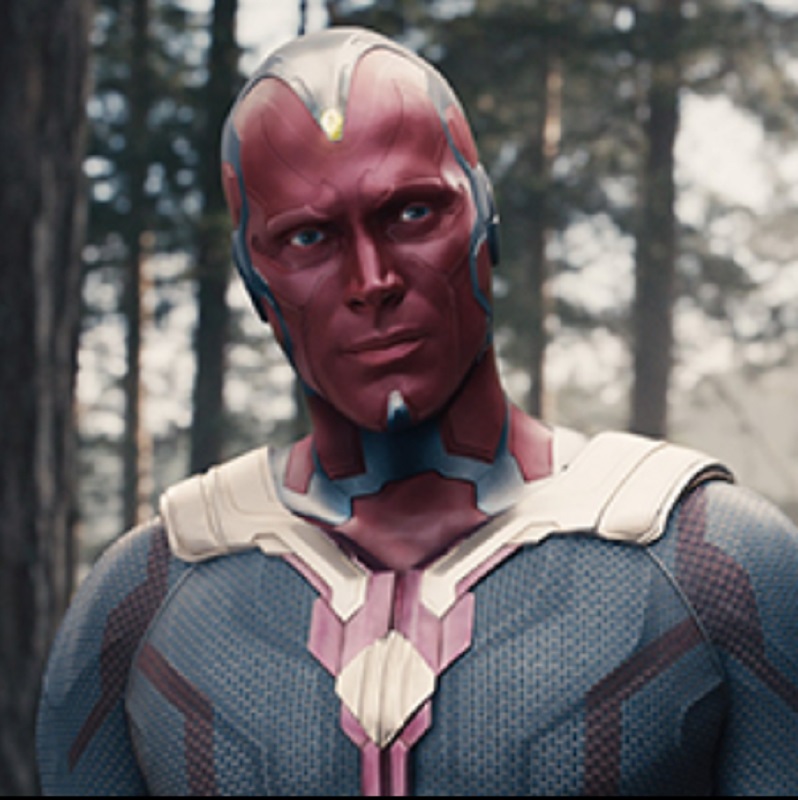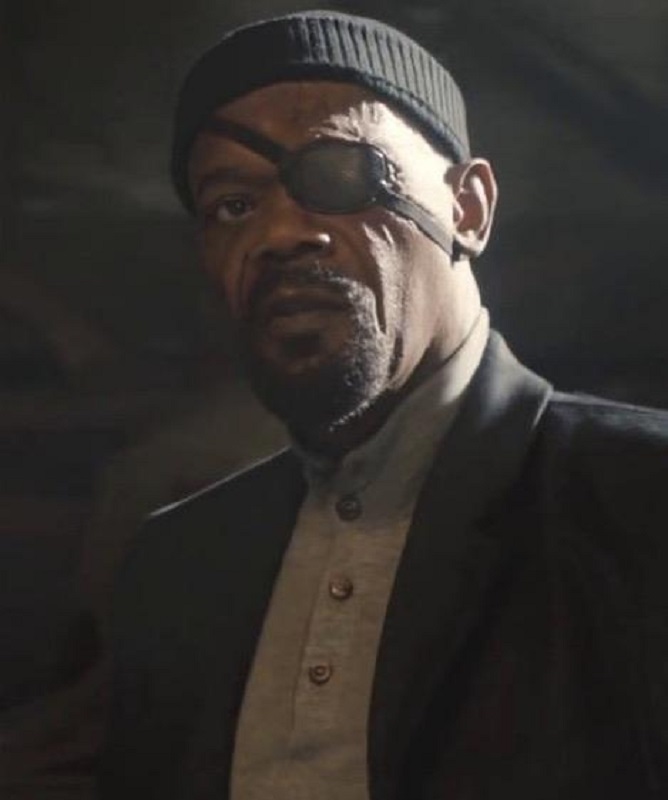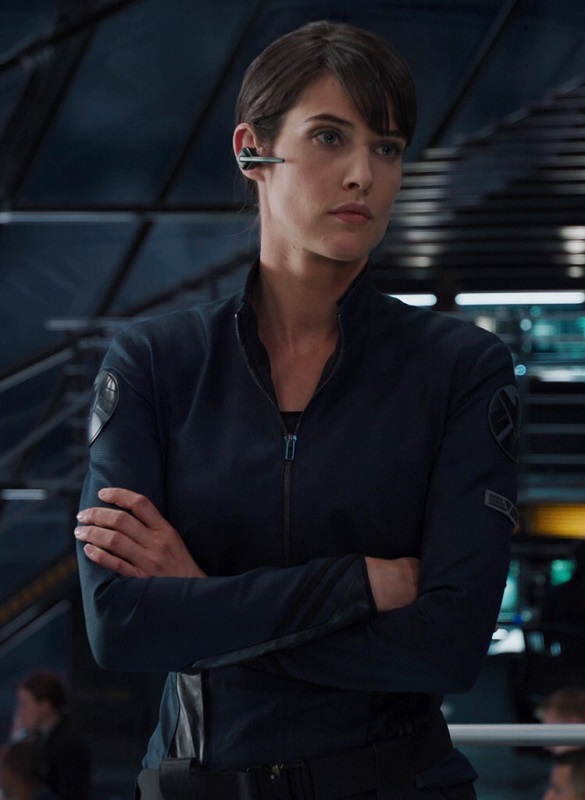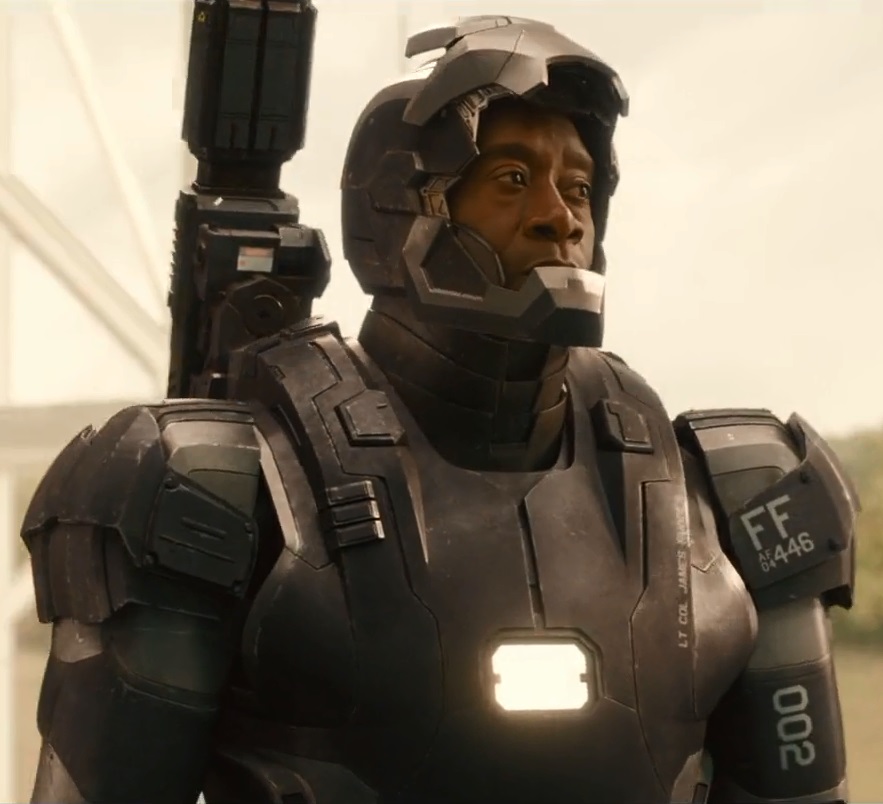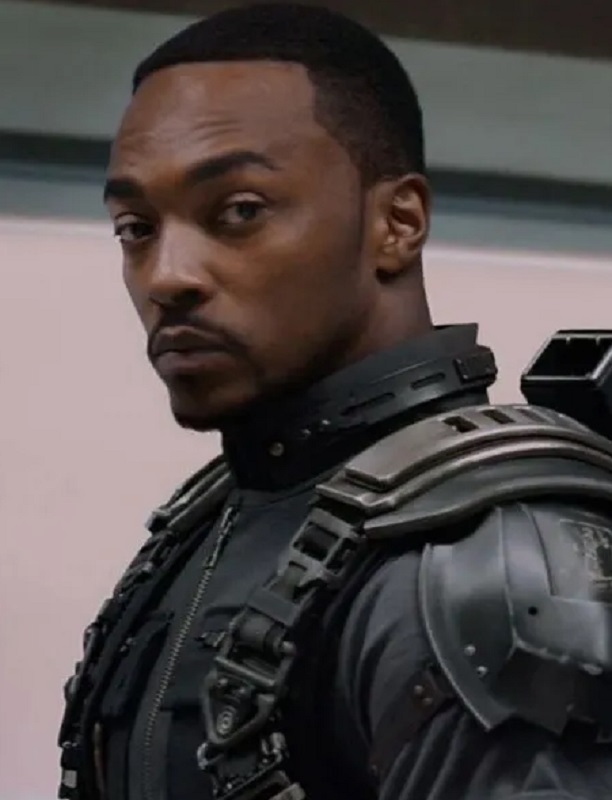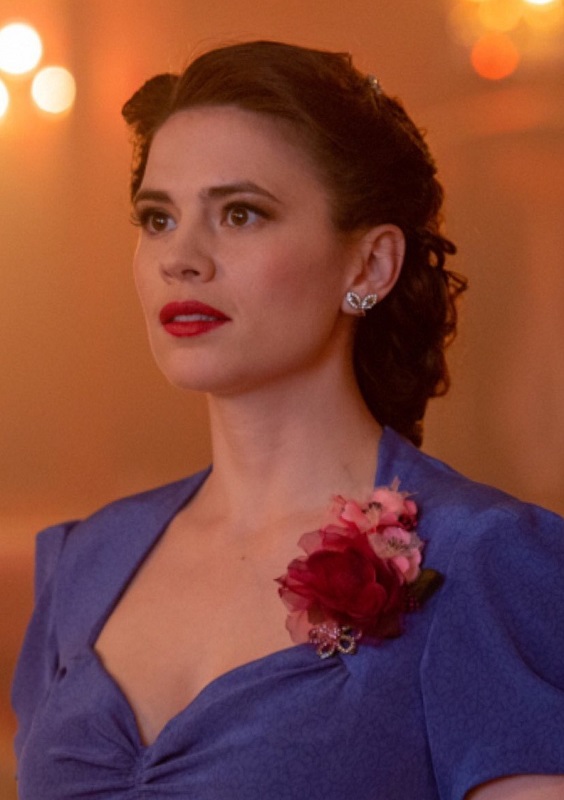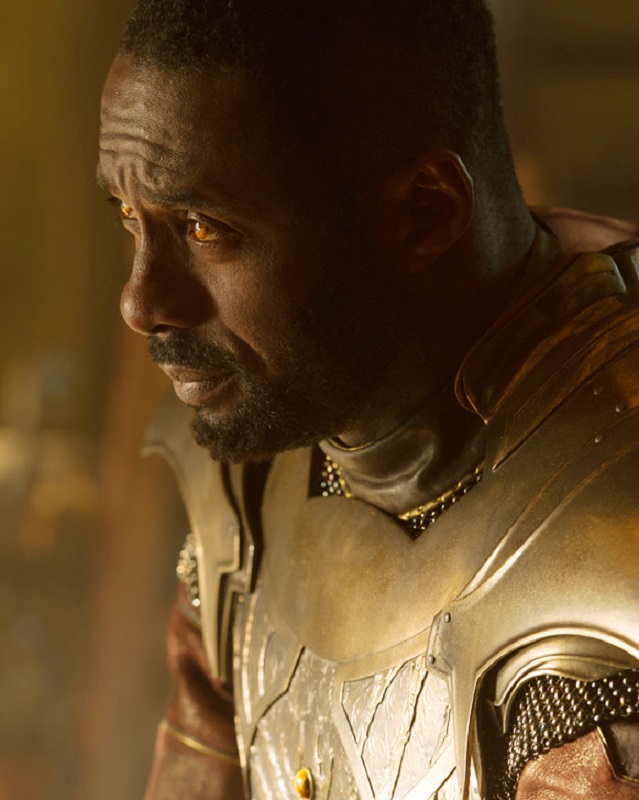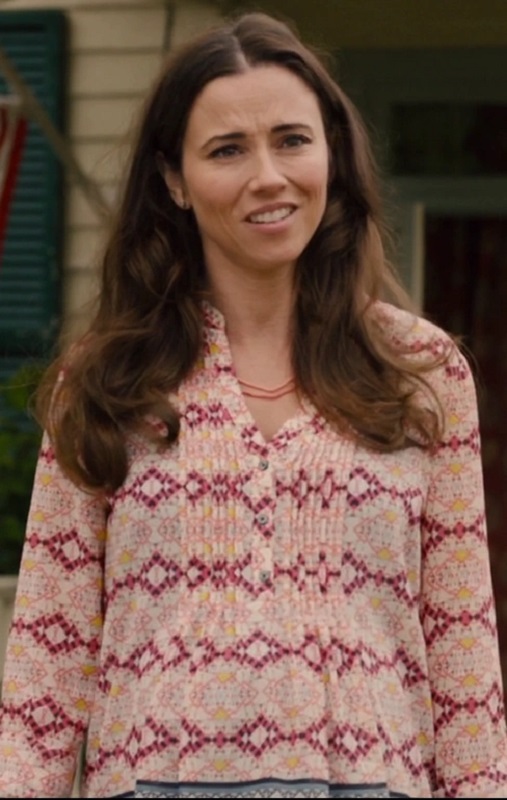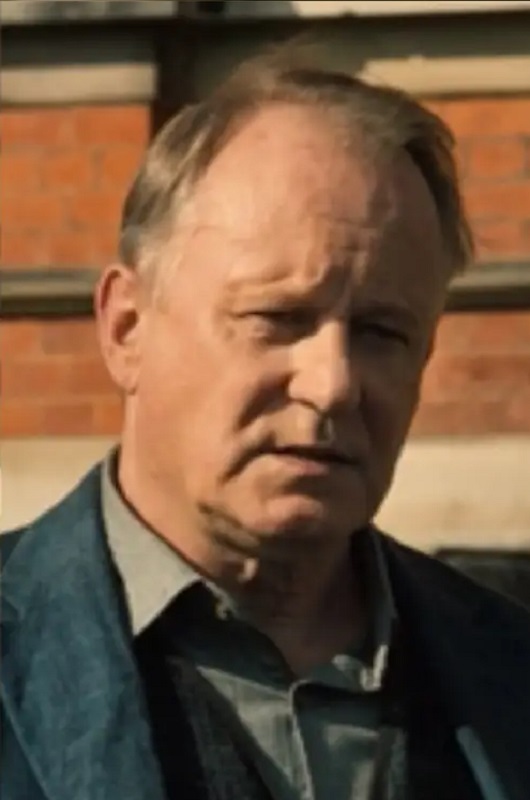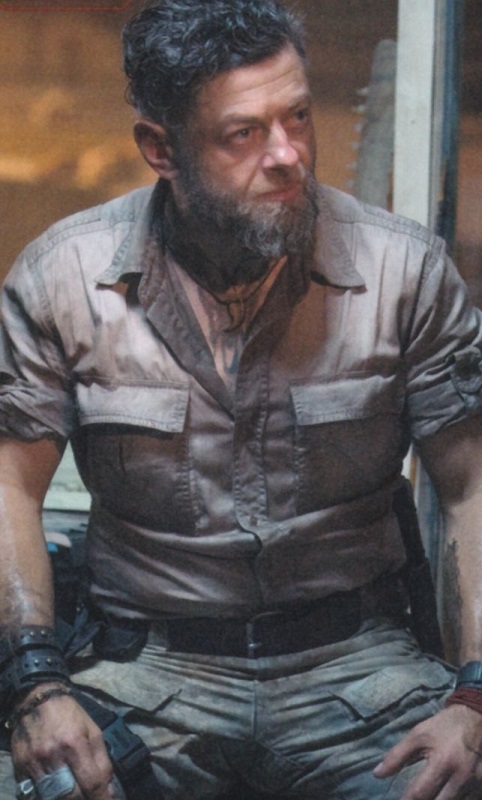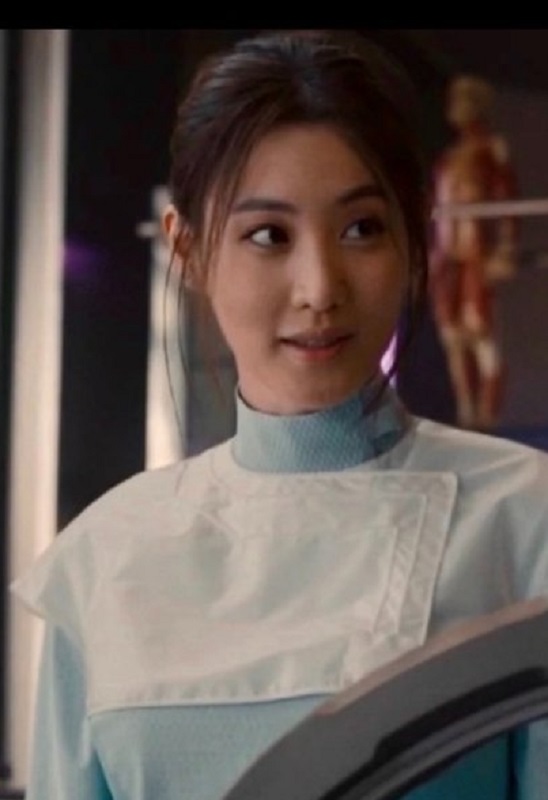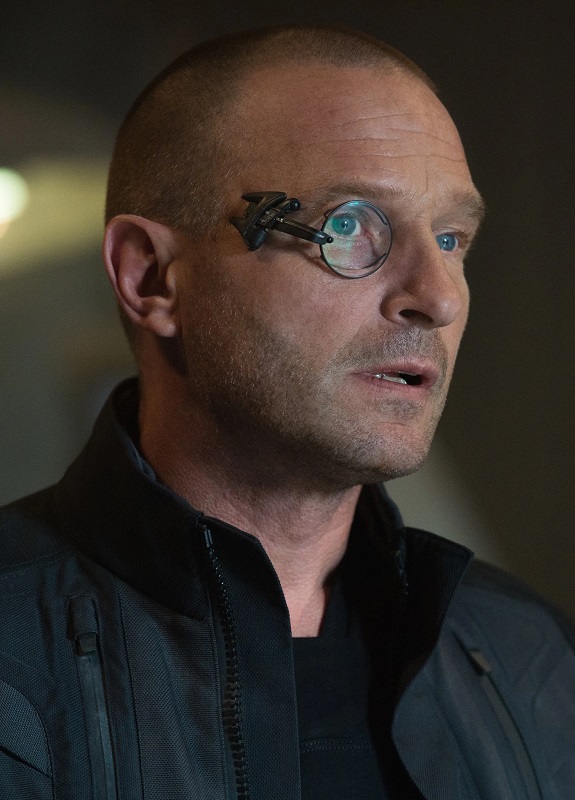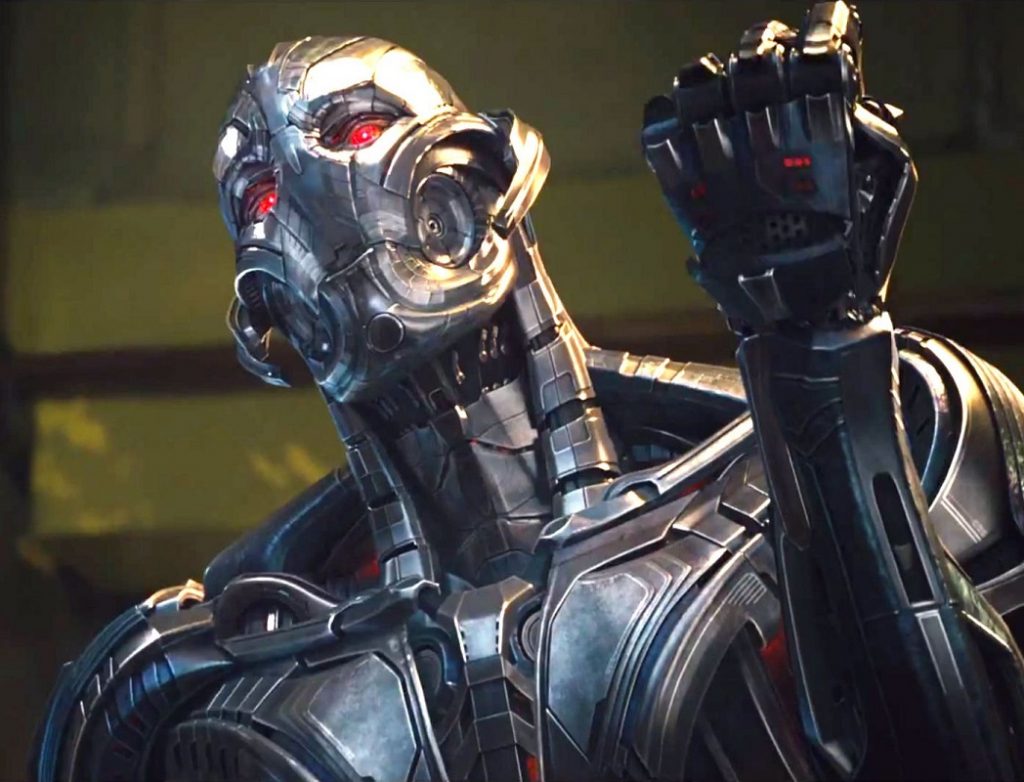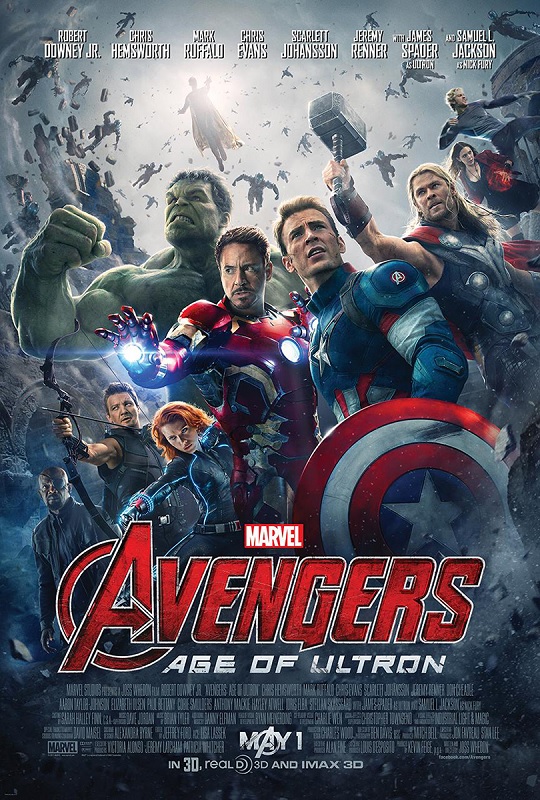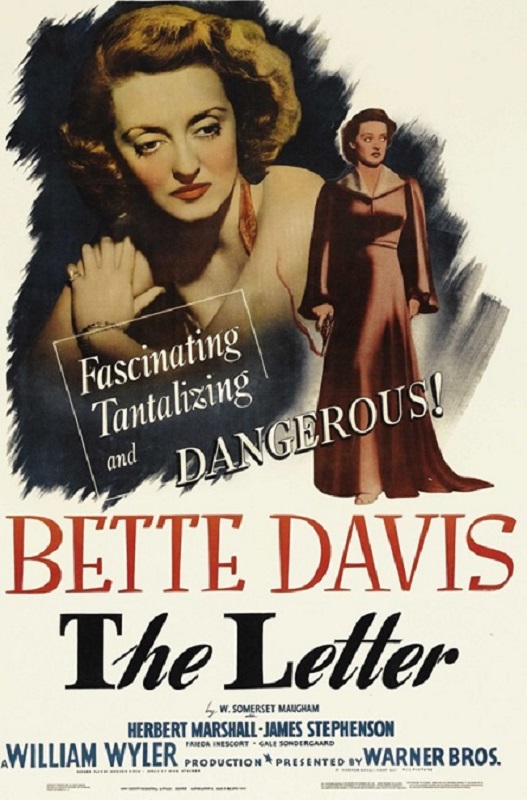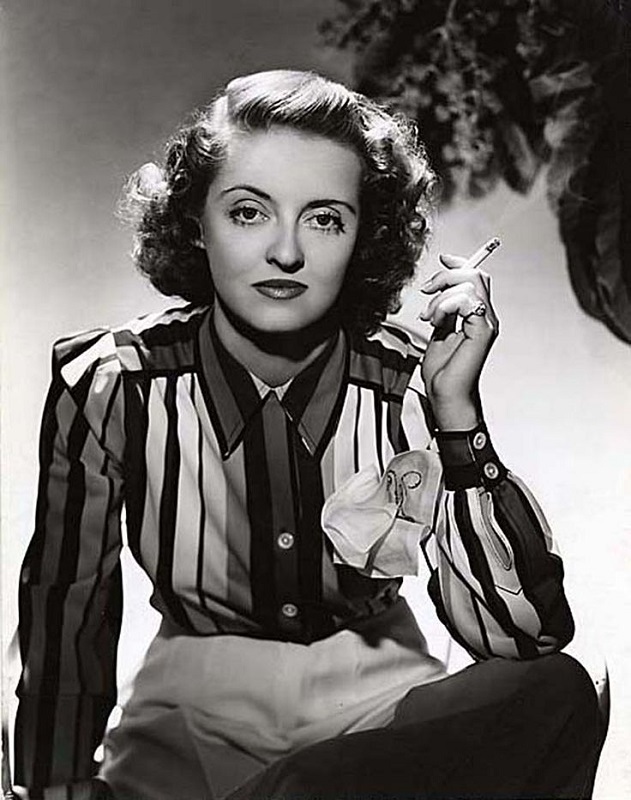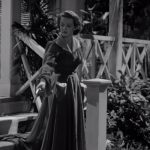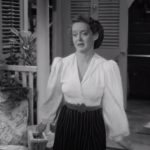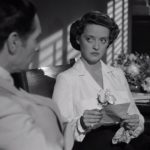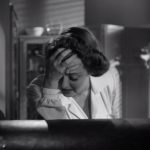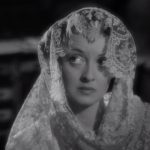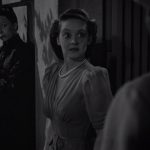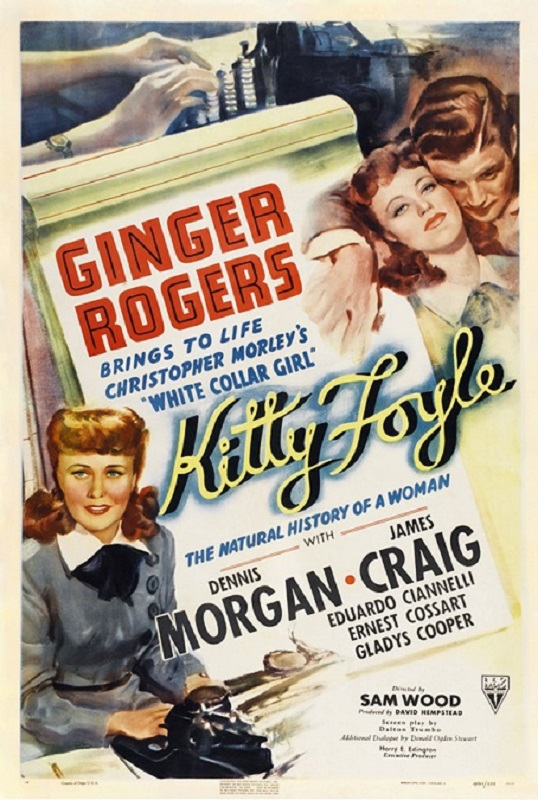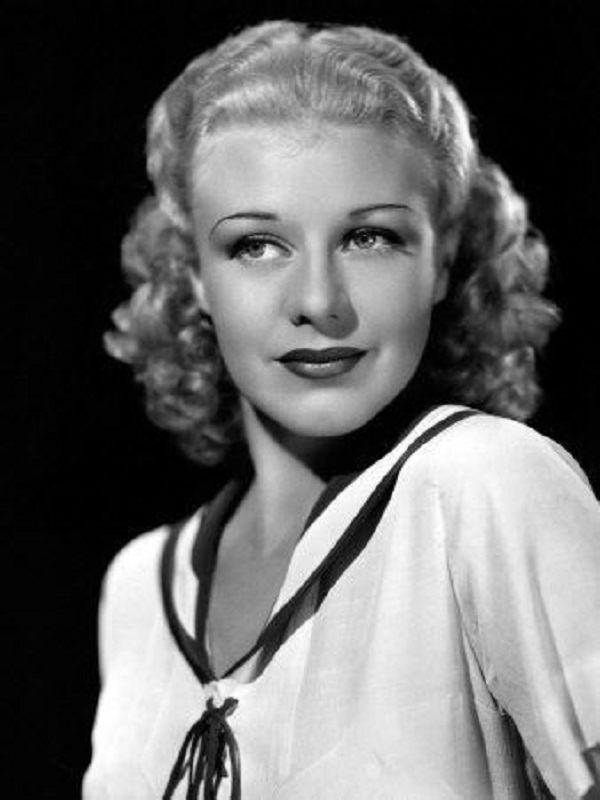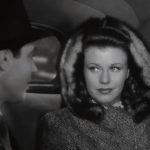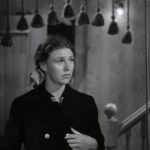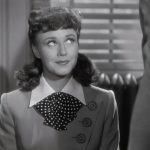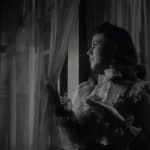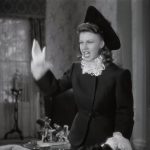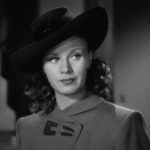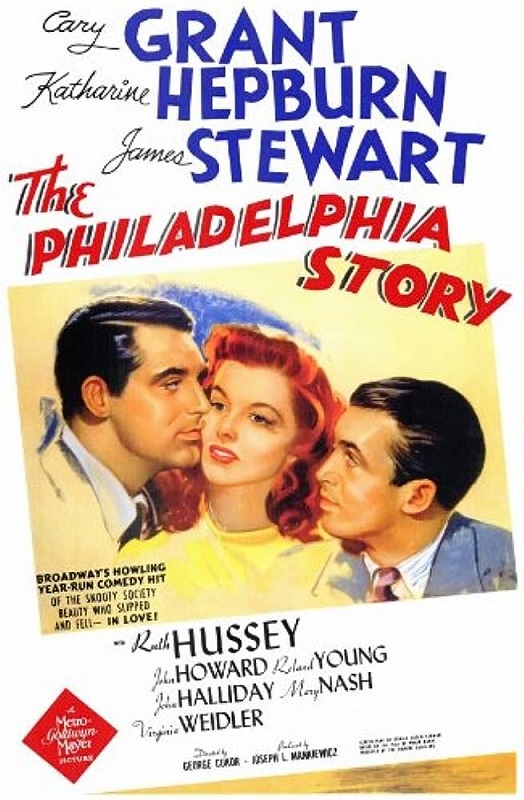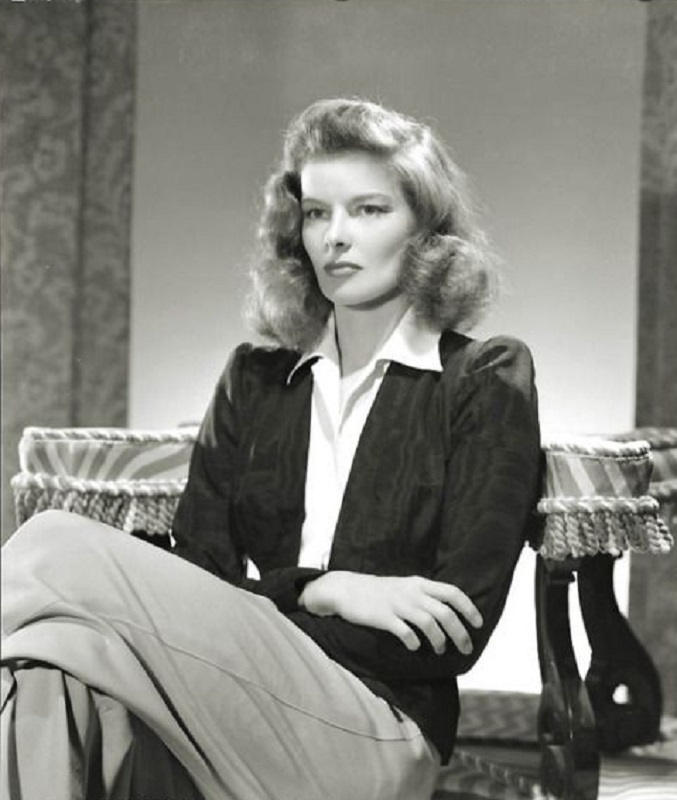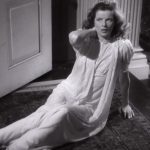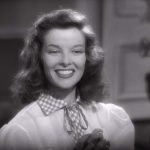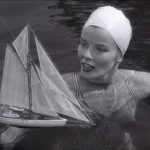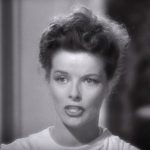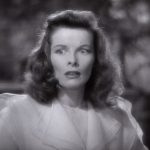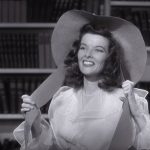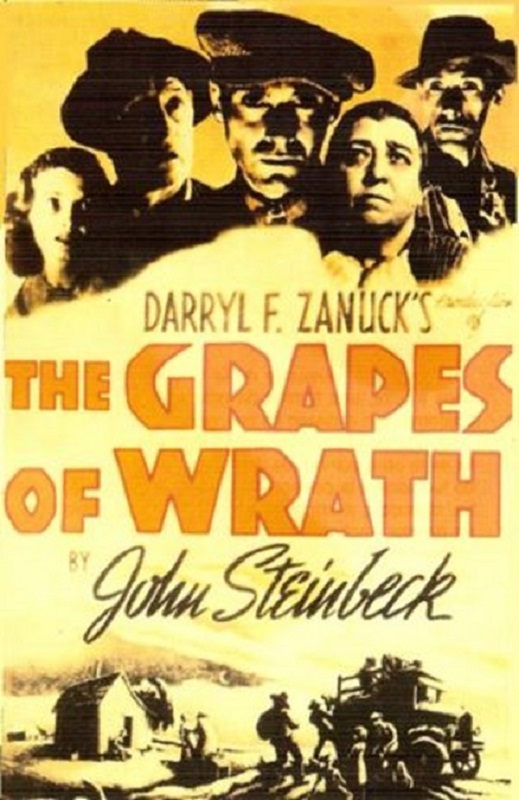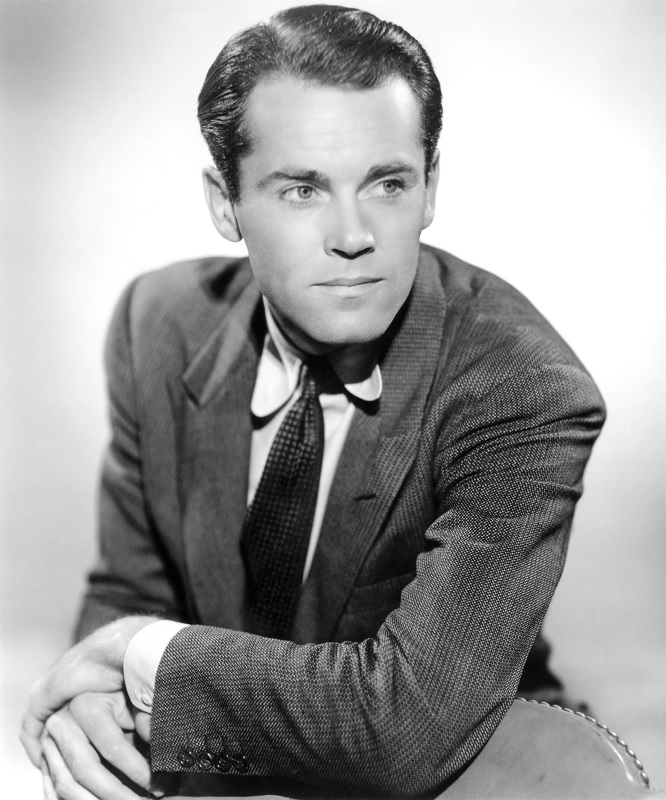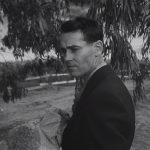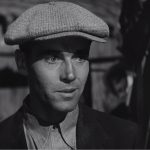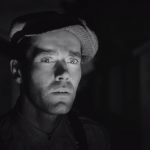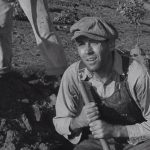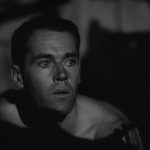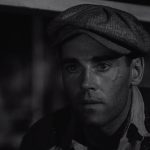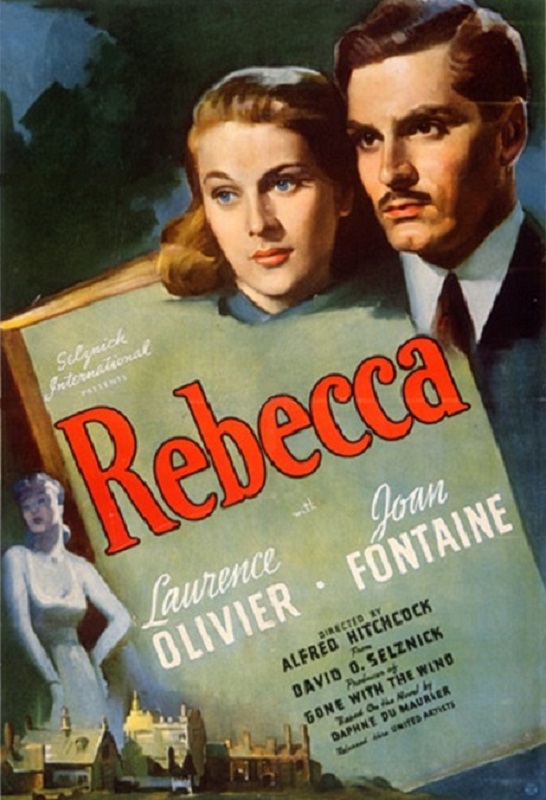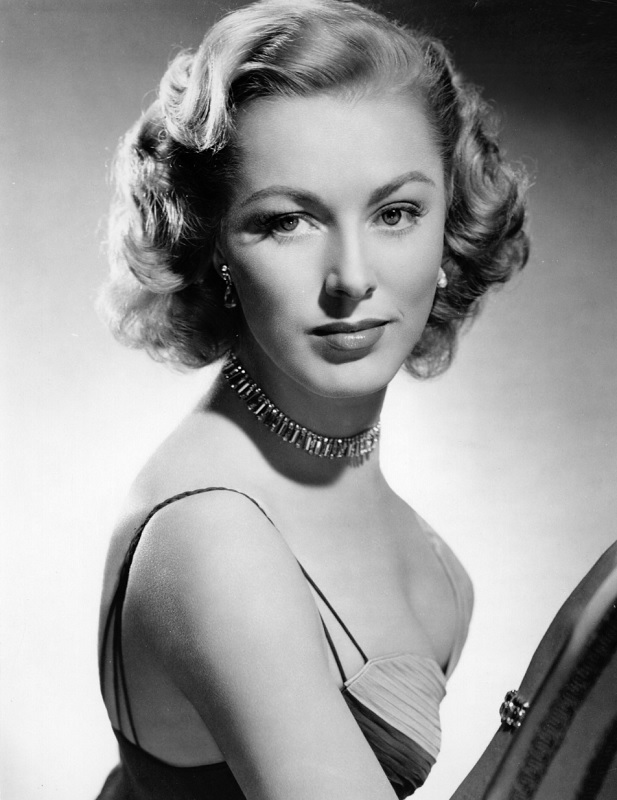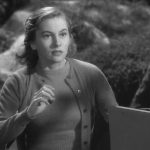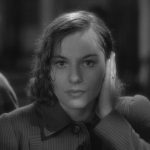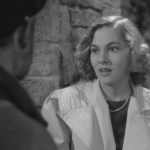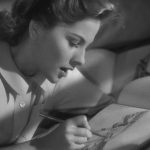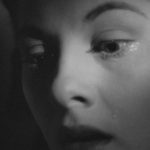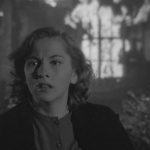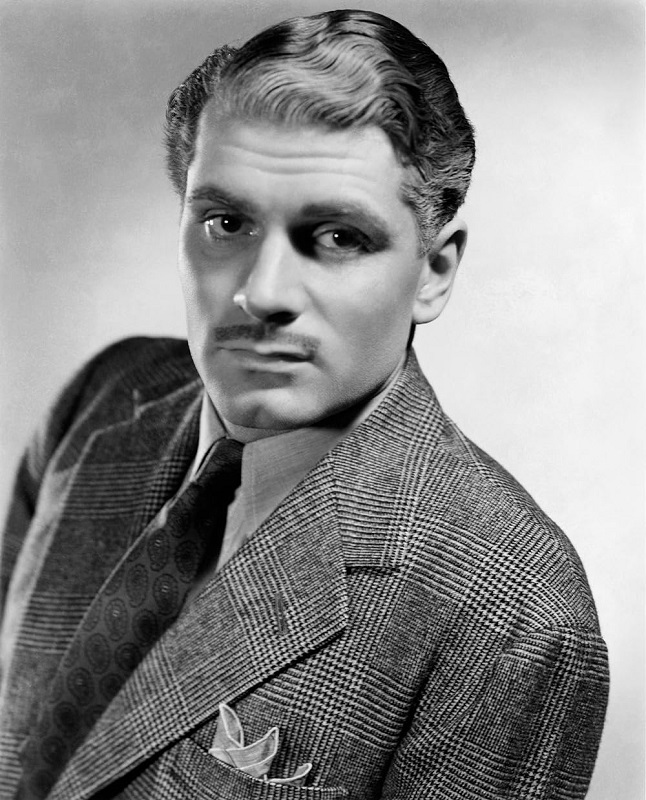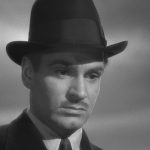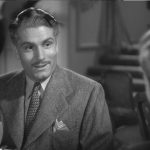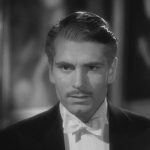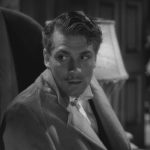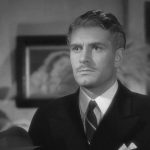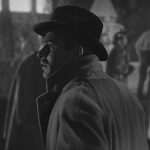Cast Photos
Character Posters
11 – Avengers: Age of Ultron
I’ll start this off by saying that this isn’t one of my favorite MCU films. I’d only give it a nine out of ten instead of a ten. But hey, it’s still a nine. Ultron, marvelously played by James Spader, was a pretty menacing villain, and for about two thirds of the movie, the Maximoff twins, played by Aaron Taylor-Johnson and Elizabeth Olson, were awesome villains. They were briefly introduced in the post-credit scene of Captain America: The Winter Soldier, but here they become fully utilized characters. Well, maybe not Quicksilver, as, spoiler alert, he dies in the final act of the movie. Too bad, that. I would have loved to see where his character might have gone in the future of the MCU. And then there was the creation of Vision, played by Paul Bettany, who was also the voice of Jarvis, Tony Stark’s AI.
So why did I like it a little less than most other MCU films? I’m not exactly sure. There were plenty of awesome actions sequences and great superhero visual effects. The soundtrack was epic and the sets and costumes were fantastic. The story was fast-paced and exciting, and overall, the movie did a great job of furthering the epic tapestry of the franchise. There was a bit of drama, comedy, and lots of character development for the heroes that we have grown to love over the last ten movies. As I said this movie was still a nine.
But maybe the spectacle just wasn’t as… spectacular as the other movies. Maybe the color pallet of the film was too dim and monochromatic. Maybe it just didn’t have the same wow factor, or have as many HOLY SHIT moments as we have seen in other movies. Maybe it wasn’t as… fun as other MCU movies. But even so, those things are really just minor complaints, if I even want to call them that. I still love watching this movie, and it is still a really good film. I mean James Spader was perfectly cast, playing an insane computer program and nearly indestructible robot. His voice acting alone gave the machine an all-too-human quality that made him a cool villain.
So, enough about what I didn’t like when compared to other movies in the franchise. Here’s what I really did like. The action sequences were incredible. The opening scene where the Avengers is recovering Loki’s scepter was really cool. That one quick shot of the team all flying across the screen in slow motion was so cool! The next one is where Ultron is newly born and there is a fight scene which trashes the main room of the Avenger’s compound. The Hulk Busting scene was amazing! The fight for the Cradle which held Vision’s body was thrilling! And the final battle in Sokovia was stellar! So much exciting action!
I really loved the way they treated Wanda Maximoff. I loved her look, her costumes, the way her hex powers looked on the screen, her character arch, and the actress who played her. Her origin turned out very different than it was in the comic books, but there were reasons they laid thing out the way they did. In the comics, she and her brother were mutants who had their powers from birth. In the MCU, they were both altered by the Mind Stone, one of the Infinity Stones. And speaking of the stones, this is the movie in which Thor begins to figure out that the stones are being gathered for a purpose. Not to mention, the post-Credit scene, in which we get our first glimpse of Thanos and the Infinity Gauntlet.
This movie also introduced a relationship between Hulk and Black Widow, a development that was handled with a bit of delicacy and tact. And Hulk leaving at the end in the Quinjet, set his character up for the next time we see him in Thor: Ragnarok. There was also a little scene in the end in which new Avengers are being brought together like War Machine, Falcon, Wanda Maximoff, and Vision, thus continuing the legacy of The Avengers and building the team roster for future films. After all, there are so many great Marvel characters to choose from.
Top 10 Favorite Parts
- The opening battle to retrieve Loki’s scepter. “Please let there be a secret door. Yay!”
- The party at the Avenger’s tower and Natasha and Bruce flirting.
- Everyone trying to lift Thor’s hammer, and Captain America almost succeeding. The look on Thor’s face when it shifts.
- Ultron becoming conscious and attacking Jarvis.
- Wanda messing with everyone’s mind, showing them all disturbing visions, and taking the team down.
- Ultron stealing the vibranium from Klaue, and Klaue losing his arm.
- The Hulk Busting scene.
- The shot where the whole team is defending the core from Ultron and his robot army.
- Nick Fury shows up with the Helicarrier.
- Vision’s conversation with the final incarnation of Ultron before he destroys him with the mind stone.
